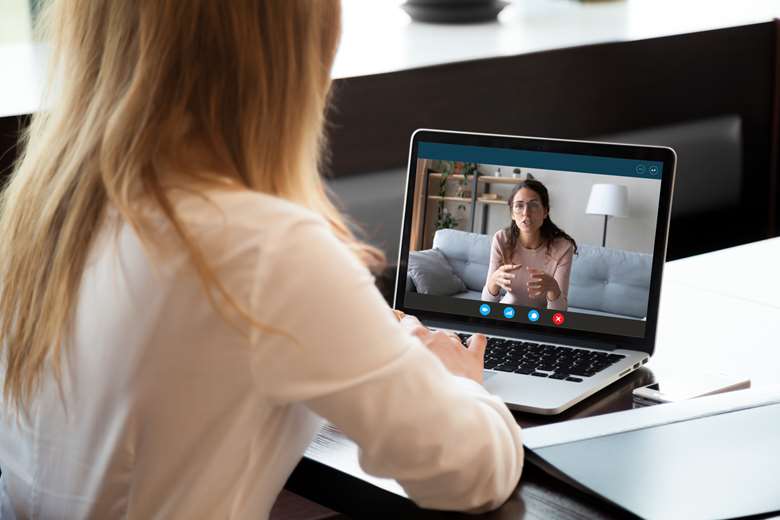Learning and teaching music online
Susan Nickalls
Monday, November 2, 2020
Music students and teachers are having to adapt to a new learning environment. Susan Nickalls asked Dr Ralph Strehle for his tips on navigating this new normal


Register now to continue reading
Don’t miss out on our dedicated coverage of the classical music world. Register today to enjoy the following benefits:
- Unlimited access to news pages
- Free weekly email newsletter
- Free access to two subscriber-only articles per month